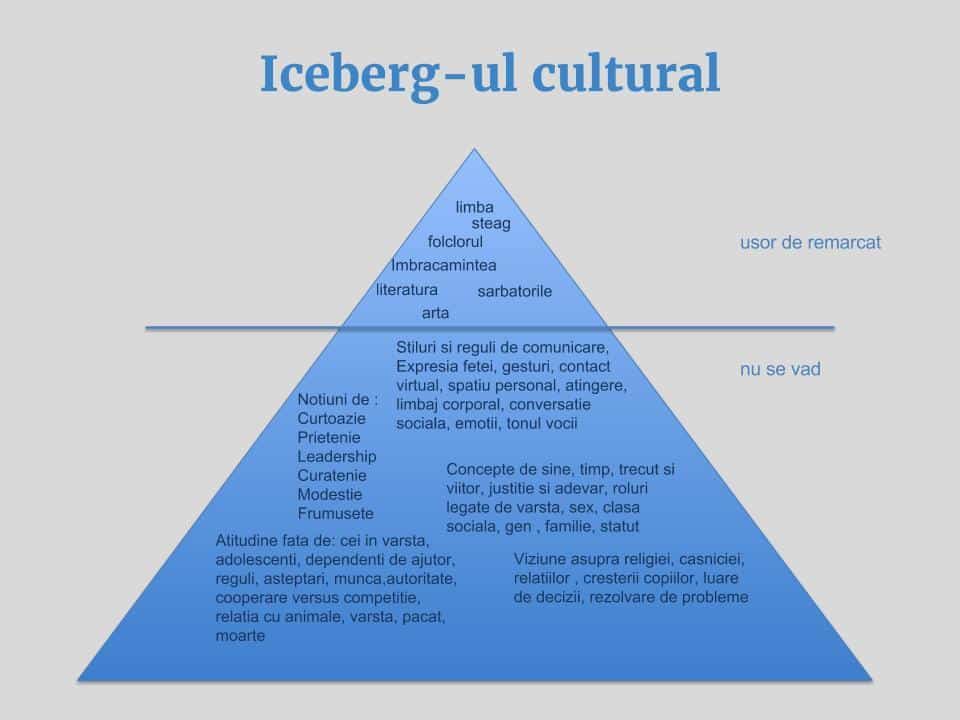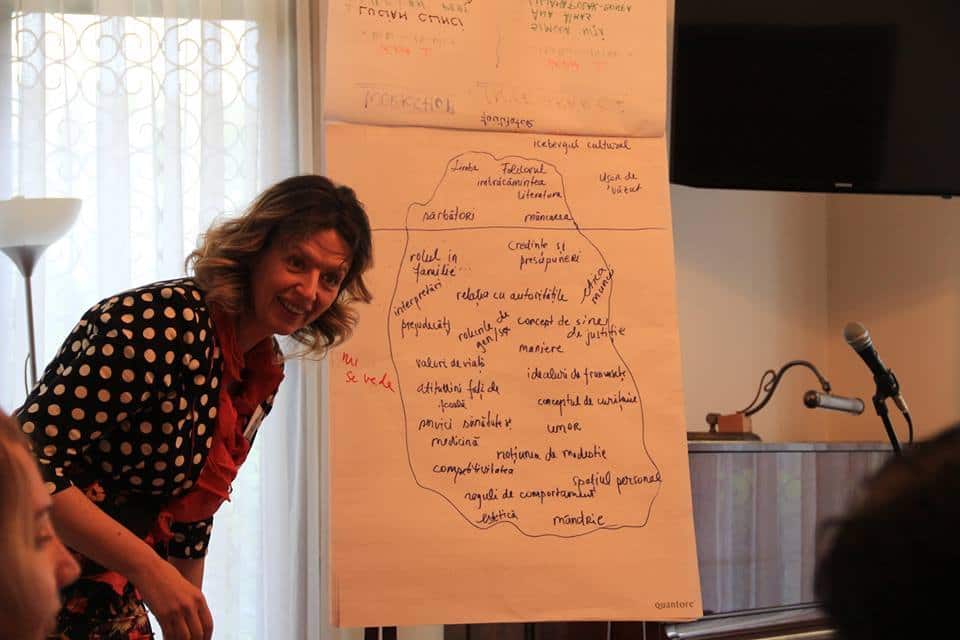The verb "to (se) integrate", according to the Romanian Explanatory Dictionary, means: "to (se) include, to (se) incorporate, to (se) incorporate, to (se) harmonize in a whole".
Integration was topic under discussion by Dana Popa and those close 75 participants at the workshops held in The Hague and Amsterdam as part of the launch of the Romanians for Romanians Foundation Netherlands.
Dana Popa is both a cross-cultural family and relationship therapist and the vice-president and founder of this foundation that aims to contribute to the development of a strong Romanian community in the Netherlands. Passionate about people development and psychology, Dana moved to the Netherlands in 1990 to see new perspectives and to study.
Eager to express their views and experiences of the process of integrating into a new culture, the participants contributed with much enthusiasm at the exchange of ideas. There was a lot of talk about the Netherlands, but it was pointed out that we can consider this process as applicable to any foreign country we would like to integrate into.
The workshops proved to be very interactive and our participants defined the following integration: Assimilation, Familiarisation, Understanding of language, culture, Interaction, Courage, Participation, Involvement in social life, Be at ease, Understanding society, Know the values and adapt, Looking to the future: children (scared, they have to choose between two countries), Make yourself at home, Feeling good where you are, Local interaction, Social system, Nature, To function with your own identity in the new society, Respect and understand cultural differences, To reach emotional, mental, cultural and social maturity, New experiences, Fall in love with the new society.
The above has been concluded following open discussion, carried by people with different goals, upbringings and principles, who have one thing in common: life in the Netherlands.
To explain the stages of integration, Dana used "the cultural iceberg". We can interpret integration as an "iceberg" with a visible part and a part that we hit as we penetrate deeper and deeper into the structure of a foreign culture. Of course, the intensity of the blow depends from one personality to another and each one experiences it differently.

The visible part has in its structure aspects that people can discuss and discover from the first interactions: language, flag, literature, folklore, holidays, food, holidays, art, clothing. When we talk about the second part, it seems to require time for knowledge, curiosity, documentation related to the new culture. We can define it by:
- notions of courtesy, friendship, leadership, cleanliness, modesty, beauty;
- communication styles and rules, facial expression, gestures, eye contact, personal space, touch, body language, social conversation, emotions, tone of voice;
- Attitude towards: the elderly, teenagers, those dependent on help, rules, expectations, work, authority, cooperation versus competition, attitude towards animals, age, sin, death;
- concepts of self, time, past and future, justice and truth, roles related to age, sex, class, gender, family, status;
- views on: religion, marriage, relationships, parenting, decision making, problem solving.
There are many aspects that we do not discern from the beginning, and the more we start to discover the new society, the more concepts and notions of life that we no longer understand start to appear. You have to keep open communication with those around you, be aware that you will change and that those around you will change. The more change is acknowledged, accepted, embraced, the easier the integration process becomes.
The debate on this topic and all the ideas presented during the two workshops brought or confirmed new ideas for possible projects of the Foundation Romanians for Romanians Netherlands. Here we can list:
- integration and parenting workshops
- creation of a practical information guide (school, health)
- interactive, intercultural Roman-Dutch events
- regular meetings to exchange experiences
- Dutch and Romanian language courses
- help for those in need
- organising volunteering, cooperation with other groups and foundations, etc.

What is desired for the future?
It is intended to create a powerful platforms in which both Romanians and their partners, friends and/or colleagues of different nationalities actively participate.
Migration, the transition from one culture to another, however difficult it may seem, should be celebrated. This process is calledrite of passage" (initiation ritual) and was initiated by ethnographer Arnold van Gennep. "Rite of passage" is defined as the transition of an individual from one group to another, which entails a significant change of position in society. It is part of our evolution and integration into the new culture.
Thank you to everyone who attended these workshops and the organisation's launches, and we look forward to seeing you there. to join Romanians for Romanians Foundation Netherlands to support integration and success in a country where Romanians have an important say and where their contribution is significant.
team ENMPEN
